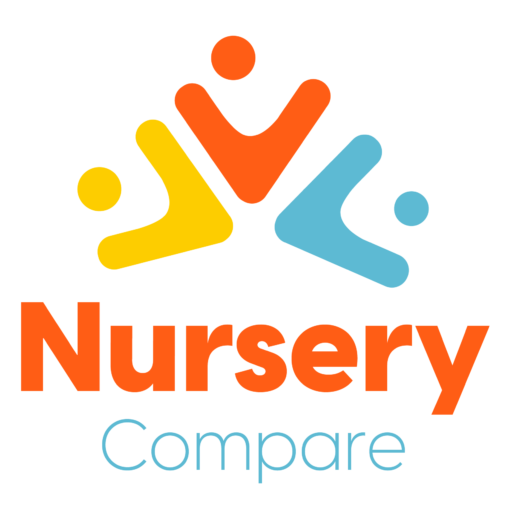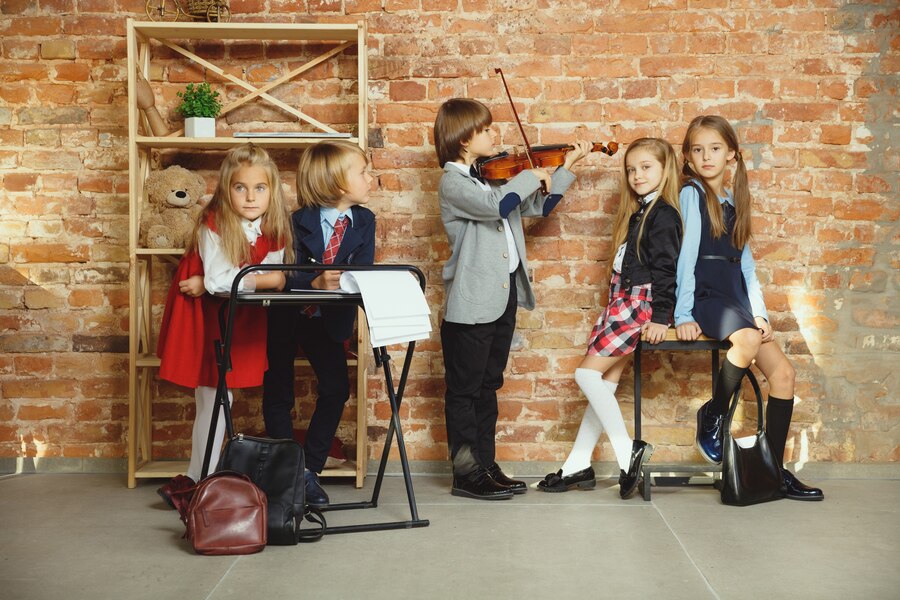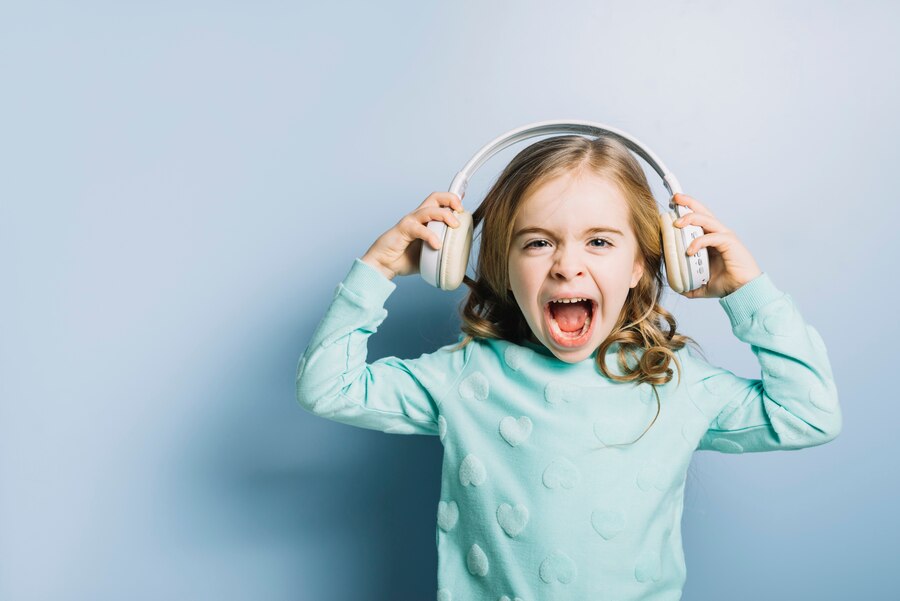
The Role of Music in Child Development

Music in child development is not just a form of entertainment, it plays a crucial role. Delving into how music supports early development reveals its many benefits, from enhancing cognitive abilities and motor skills to fostering emotional sensitivity. Integrating music into a child’s life from an early age can enrich their developmental journey and lay a foundation for lifelong learning and well-being.

Deepening Cognitive Abilities Through Music in Child Development
Music is a dynamic tool for cognitive development, engaging multiple brain processes and fostering superior neural connections. Let’s explore how music enhances the brain’s ability to handle complex cognitive tasks.
- Enhancing Neural Connections through Rhythmic Repetition: Music in child development reinforces neural pathways, particularly those involved in memory and learning. Rhythmic patterns and melodies help solidify these pathways, enhancing memory retention and the ability to learn new information swiftly and effectively.
- Language Acquisition and Phonemic Awareness: The relationship between musical training and language skills is profound. Music helps develop the same neural regions involved in language processing, thereby improving a child’s phonemic awareness—the ability to recognize and manipulate sounds in speech.
- Promoting Advanced Problem-Solving and Analytical Skills: Music challenges the mind with its complexities and variances, encouraging children to think critically and solve problems creatively. Analyzing musical compositions can mirror the skills needed in mathematical reasoning and literary analysis, promoting higher-order thinking skills.
Motor Skills Development Facilitated by Music in Child Development
Music encourages children to move and interact physically, which is crucial for motor development. This section explores how interactive music experiences can enhance physical development.
- The Role of Music in Enhancing Coordination and Rhythm: Playing musical instruments and moving to the beat improve physical coordination and rhythm. These skills are crucial not only for musical activities but also for everyday tasks.
- Improving Fine Motor Skills Through Instrumental Music: Learning to play instruments such as the piano, violin, or guitar requires precise finger movements and excellent hand-eye coordination, advancing fine motor skills that benefit other areas of learning, such as writing and crafts.
Social-Emotional Growth
Music is deeply entwined with emotional and social development. It can serve as a powerful medium for expressing feelings and interacting with others.
- Music as a Catalyst for Emotional Expression and Regulation: Music allows children to express complex emotions and thoughts that they may not be able to articulate verbally. This emotional outlet is vital for mental health and develops emotional intelligence.
- Building Social Cohesion and Teamwork Through Group Music Activities: Musical ensembles and choirs teach children about teamwork, shared responsibility, and social harmony. Participating in a group performance can enhance a child’s ability to cooperate with others and feel part of a community.

Cultural and Artistic Expressions Through Music in Child Development
Music opens a window to diverse cultures and offers a platform for creative expression. It is both a cultural ambassador and a catalyst for creativity.
- Exploring Diverse Cultural Landscapes Through Music: Music introduces children to the world’s rich tapestry of cultural expressions, promoting an understanding and appreciation of diversity that is crucial in today’s global society.
- Fostering Creativity and Artistic Expression: Music not only reproduces existing ideas but also inspires new ones. It encourages children to imagine, innovate, and express themselves in uniquely personal ways.
Therapeutic Benefits
Music therapy has shown remarkable efficacy in supporting children with special needs by providing alternative pathways for communication and expression.
- Case Studies: Transformative Effects of Music Therapy: Music therapy has supported children with autism, ADHD, and other developmental challenges, often leading to breakthroughs in communication and social interaction.
Conclusion: Embracing Music’s Transformative Role in Child Development
The role of music in child development is expansive and profound. It touches every aspect of growth—from cognitive and physical to emotional and social. By embracing music in educational settings and home environments, we provide children with a rich soil in which to grow, thrive, and become well-rounded individuals.

Read Also:
Fun and Educational Apps for Toddlers: A Guide for Modern Parents